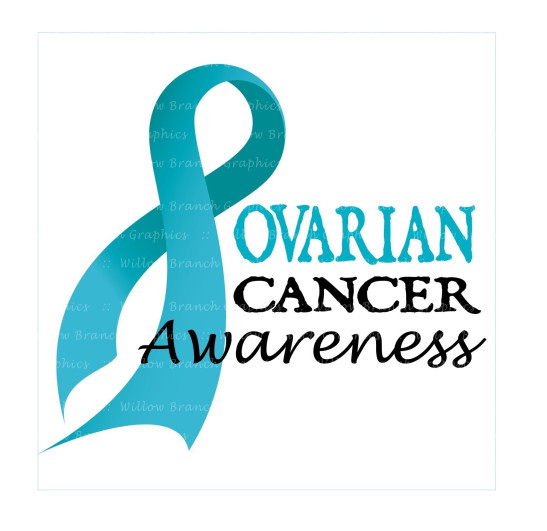Squeaky Wheels Survive Ovarian Cancer
Medical Pharmaceutical Translations • May 20, 2013 12:00:00 AM

Angelina Jolie single-handedly brought conversations about breast ovarian cancer to the dinner table this week. Having had a double mastectomy and a removal of both ovaries to come, here is a woman who surveyed her odds and is choosing to be outspoken and proactive in her fight against cancer.
Unfortunately, most women are not Angelina Jolie. Many, especially minority women, are not proactive and because they don’t speak up, receive inadequate treatments for ovarian cancer.
22,000 new cases of ovarian cancer, most in advanced stage III or IV, are detected annually in the US. The good news is ovarian cancer is sensitive to chemotherapy and tends not to spread through the bloodstream. To survive it, debulking surgery (extensive removal of cancer from surrounding organs) and aggressive chemotherapy is necessary.
The bad news is, anything less than a thorough removal spells disaster. Gynecologic oncologists and major cancer treatment centers are best equipped to handle such surgeries, however many women are operated on by general surgeons or gynecologists without seeing a specialist – because they didn’t ask.
A March 11, 2013, New York Times article, Widespread Flaws Found in Ovarian Cancer Treatment, reported on a study led by Dr. Robert E. Bristow, the director of gynecologic oncology at the University of California, Irvine. It brings to light the importance of being a squeaky wheel.
It found patients with the best survival rates were seen by surgeons operating on 10 or more women per year and hospitals seeing 20 or more cases of ovarian cancer in a year. Eighty percent of the women in the study went to “low volume” providers. The “flaw” in ovarian cancer treatment is a lack of questioning and a willingness to settle.
Doctor’s are considered the highest expert in their field and we rarely question them. Most women hesitate to ask about their doctor’s qualifications for fear of offending them, particularly women from patriarchal cultures where the elder expert (often male) is the final word. These patients need to understand sometimes its okay to push back.
For a non-English speaking older woman (which is the age group most likely to contract ovarian cancer) who brings an acculturated, English savvy, teenage daughter or relative to her appointment to interpret, which of them will ask the gynecologist how many surgeries they have performed and of those, how many had achieved successful debulking? Will it be her or the teenager who pushes back for a second opinion with a specialist from a cancer center that sees a large volume of ovarian cancer patients? Without proper education about survival odds, will either of these women know to ask questions and push back if they don’t like the answers?
If you don’t speak the language well it’s easy to smile and nod and accept a diagnosis. You can always wait and see what happens next but it may not be the best choice. In the case of ovarian cancer, the ability to be nosey and demanding could save your life.
Sherry Dineen
#educationlevel #culture #patientoutreach #patienteducation #ovariancancer #aiatranslations
